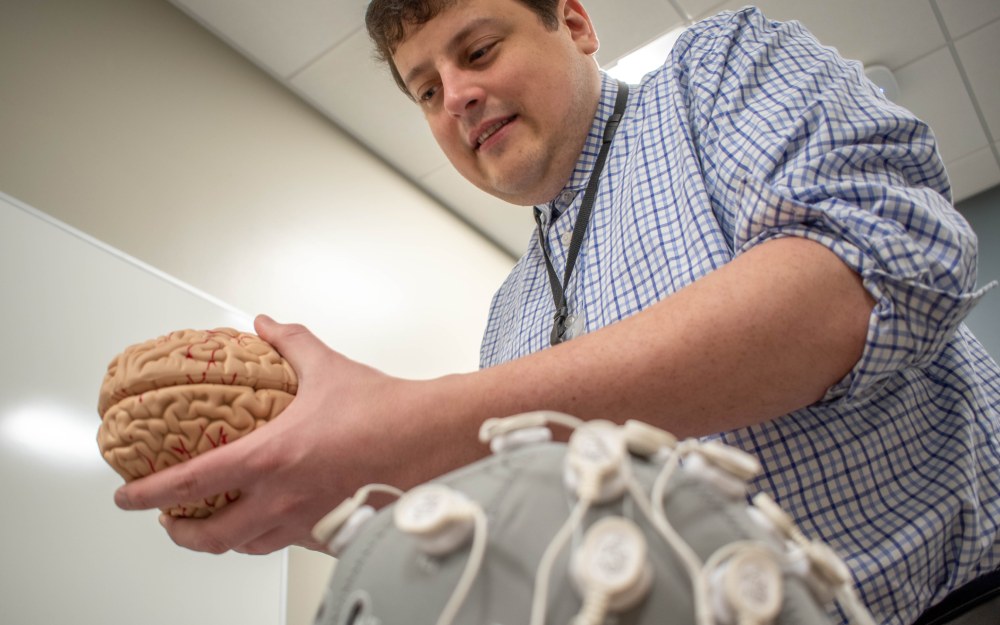
Rogers Research Center’s 2023 Annual Report highlights accomplishments, momentum for future
05/07/24 12:30:pm
Celebrating its accomplishments and building momentum, Rogers Research Center’s Annual Report highlights the milestones of 2023 that lay the groundwork for a promising future.
“Our commitment to excellence is evident in the impact and reach of our research outcomes,” Kelly Piacsek, PhD, vice president of research, reflects. “As Rogers Behavioral Health ventures into a new 5-year strategic plan cycle, innovation is key, and the research team is ready for the opportunities ahead. With a strong foundation and a dedicated team of research professionals, we are well-positioned to excel in advanced, prospective projects that can transform mental health treatment practices.”
The report highlights many key accomplishments, which include:
- A total of 26 new publications from Rogers researchers
- A total of 46 active studies with more than 2,000 prospective enrollments
- The expansion of the Research Center to Philadelphia, which advances the work of Dr. Martin E. Franklin, executive clinical director of OCD and anxiety services, and creates capacity for two emerging investigators
- A look at Rogers Research Center’s Biobank, where 2023 marked the first full year of genetic sample collection and brought the total number of unique samples from patients collected to more than 300
- An update on the statewide mental health survey for Wisconsin first responders, in its fourth consecutive year of administration in 2023, with a growing number of firefighters and emergency medical services (EMS) professionals participating
- In-depth looks at new studies, including one into “Not Just Right” (incompleteness) OCD
- From evaluating transcranial magnetic stimulation (TMS) efficacy to treatment response forecasting, many more initiatives and studies can be found in detail in the published annual report here
“Rogers Research Center plays a critical role in leading the adoption and integration of evidence-based findings to provide the best care available,” writes Cindy Meyer, president and CEO, in the report. “Through translational research, Rogers will bridge the gap between basic science and clinical practice to serve our patients with best-in-class mental health and addiction care. What sets Rogers research apart is our ability to answer real-world questions related to clinical effectiveness, and to bring proven, innovative treatments to our patients sooner by breaking down barriers to implementation. Rogers has a legacy of providing highly effective treatments for complex and acute mental health conditions, and the Research Center helps us forge new pathways to achieve an even higher standard of available care.”





